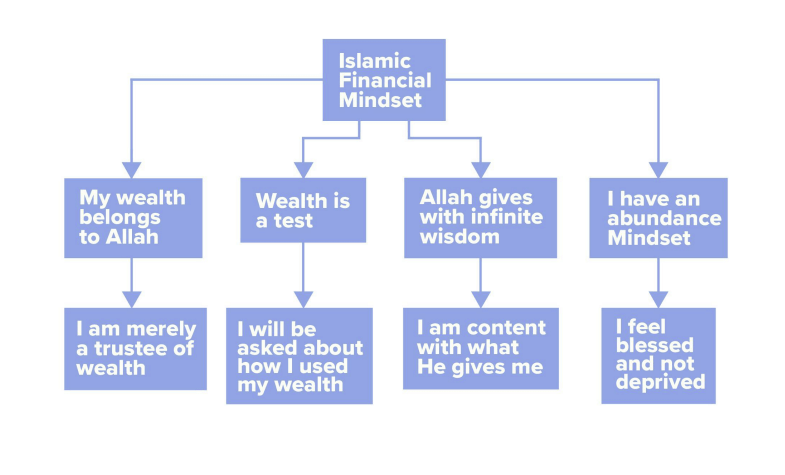FINAL THOUGHTS
Central to the Prophet’s message was detaching our hearts from craving wealth and motivating charitable investments to purify the hearts and improve society. Through reframing conventional economic beliefs and practices, the Prophet صلى الله عليه وسلم inculcated a new era of economic thought to nurture Homo islamicus. The fruits of the pristine Islamic worldview of wealth revolutionized subsequent generations. As Dr. Khalil Abdul Rashid so eloquently stated, “the institutionalization of charity in Islam became a defining factor that would exert dominating influence on urban planning and the development of cities and towns, social welfare, religious habits and practice, the production of art and the development of aesthetics, the structure and stability of markets and economic forces, political stability, as well as the production of Muslim culture in all its diverse representations.” (Khalil Abdurrashid, “Financing Kindness as a Society: The Rise and Fall of Islamic Philanthropic Institutions (Waqfs),” Yaqeen, January 9, 2020) We are in desperate need of an economic revolution in the world, as neoliberal economics and capitalism have impoverished much of the world and devastated the environment. Islamic psychological, spiritual, and economic principles are essential for creating the financial mindset so desperately needed in this self-indulgent world. The ummah must acknowledge that it has been infected with the disease of capitalism, and begin to rehabilitate itself through developing a Prophetic relationship with wealth. Through a renewed vigor in focusing on investing in our afterlife, we hope to make the life of this dunyā better for ourselves and all those around us. Let us find motivation in the words of the Prophet صلى الله عليه وسلم ,who said, “The generous one is near to Allah, near to Paradise, near to the people, and far from the Hellfire. The miserly one is far from Allah, far from Paradise, far from the people, and near to the Hellfire. An ignorant, generous person is more beloved to Allah Almighty than a stingy scholar.” (Sunan al-Tirmidhī, no. 1961.)


Figure 1. Islamic and Capitalist Financial Mindsets


Figure 2. Consequences of Islamic and Capitalist Financial Mindsets
By Osman Umarji
Comments

John Doe
23/3/2019Lorem ipsum dolor sit amet, consectetur adipisicing elit, sed do eiusmod tempor incididunt ut labore et dolore magna aliqua. Ut enim ad minim veniam, quis nostrud exercitation ullamco laboris nisi ut aliquip ex ea commodo consequat.

John Doe
23/3/2019Lorem ipsum dolor sit amet, consectetur adipisicing elit, sed do eiusmod tempor incididunt ut labore et dolore magna aliqua. Ut enim ad minim veniam, quis nostrud exercitation ullamco laboris nisi ut aliquip ex ea commodo consequat.

John Doe
23/3/2019Lorem ipsum dolor sit amet, consectetur adipisicing elit, sed do eiusmod tempor incididunt ut labore et dolore magna aliqua. Ut enim ad minim veniam, quis nostrud exercitation ullamco laboris nisi ut aliquip ex ea commodo consequat.